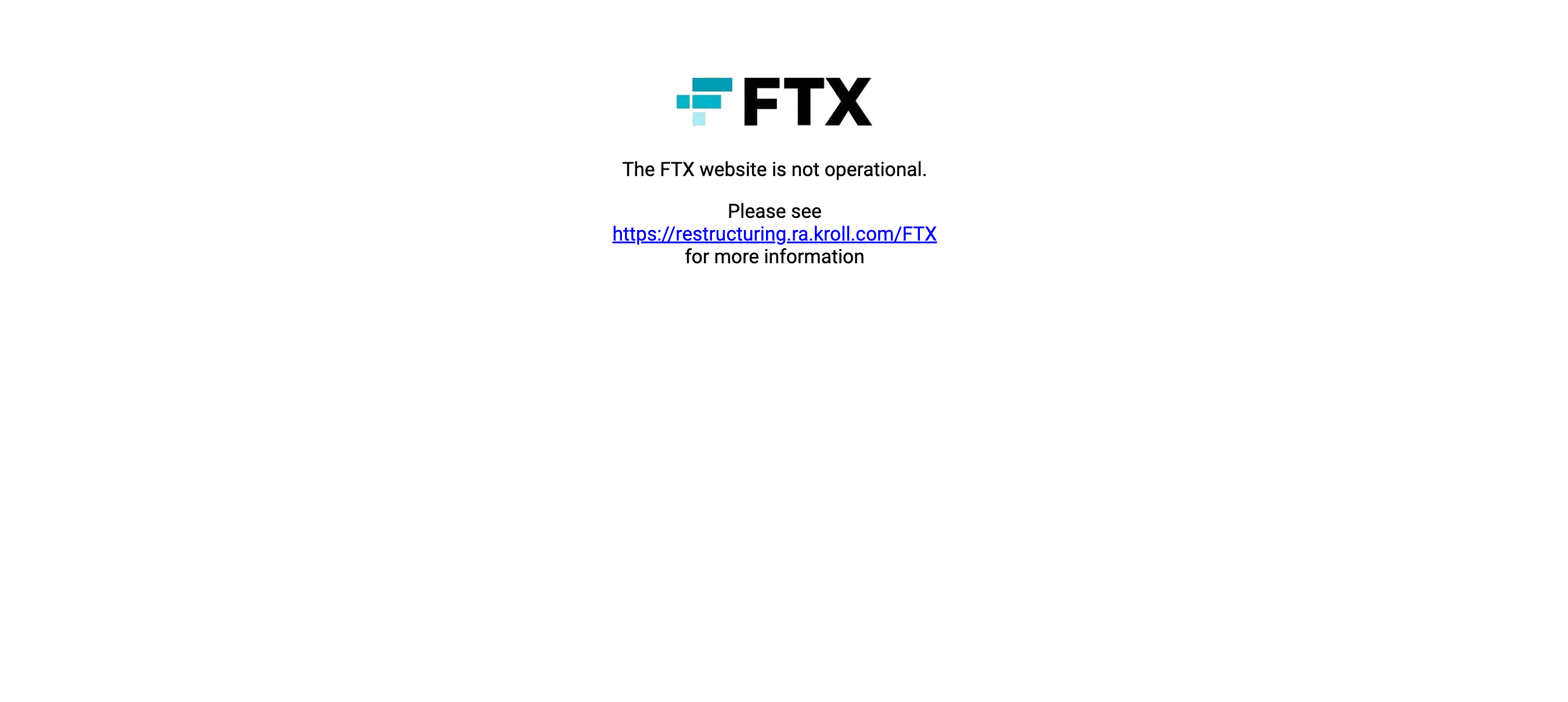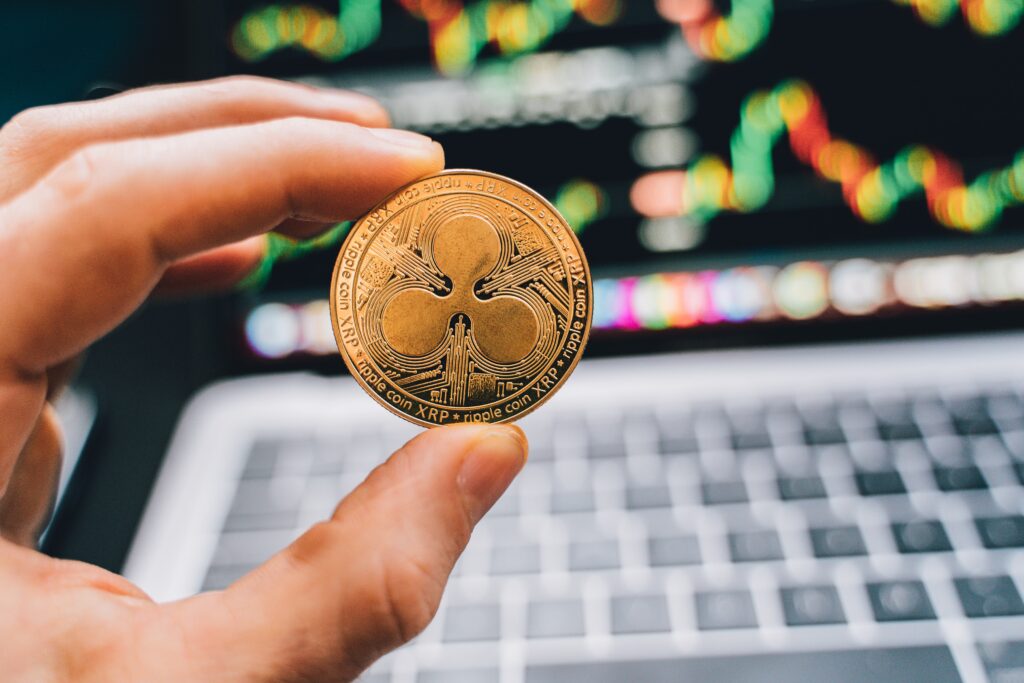FTX Exchange: A Possible Resurgence Amid Uncertainties?

In the fast-paced and often unpredictable world of cryptocurrency exchanges, few narratives have been as riveting as the saga of FTX. Its journey from a pioneering exchange to its eventual downfall has been a topic of intense debate and scrutiny. Recently, however, whispers of a possible reboot have begun to circulate, hinting at yet another intriguing chapter in the FTX story.
FTX’s new CEO, John Ray III, was appointed to manage the complex bankruptcy process of the disgraced exchange. Earlier this year, Ray hinted at the possibility of a reboot for the platform, sparking speculation about the revival of the exchange1. Recent filings have added fuel to these speculations, showing that Ray spent considerable time on tasks related to what is referred to as “FTX 2.0″2.
However, it is crucial to temper these hints of a potential reboot with a dose of reality. As of now, there is no concrete evidence or plan that signals a definite restart of the exchange. Much of the current discussions revolve around hypothetical statements and internal sketches, and Ray has been careful not to make any definitive statements about the future of the exchange3.
One voice adding to the mix of possibilities is FTX’s lead attorney, Andy Dietderich. He suggested that the cryptocurrency exchange might resume operations, a move that would require a significant influx of capital. One idea being floated around involves offering existing customers an interest in the future exchange. Dietderich, however, was quick to stress that this scenario is just one among many possibilities under consideration. Final decisions about the exchange’s future are yet to be made4.
Adding a layer of complexity to the situation is venture capital firm Tribe Capital, which has reportedly expressed an interest in leading a funding round to restart the exchange. But even this potential lifeline comes with its own set of challenges. Industry insiders have expressed doubts about the viability of this plan. The exchange’s past is marred by persistent technical deficiencies, notably high latency and software bugs, that have haunted FTX since its inception and played a significant role in its financial collapse in 20225.
Given the substantial amount of work needed to rectify FTX’s trading engine and other technical issues, a growing sentiment within the industry suggests that it might be more practical to build a new exchange from the ground up. This would allow a fresh start, devoid of the baggage associated with the FTX name, and perhaps provide a more stable platform for future growth6.

